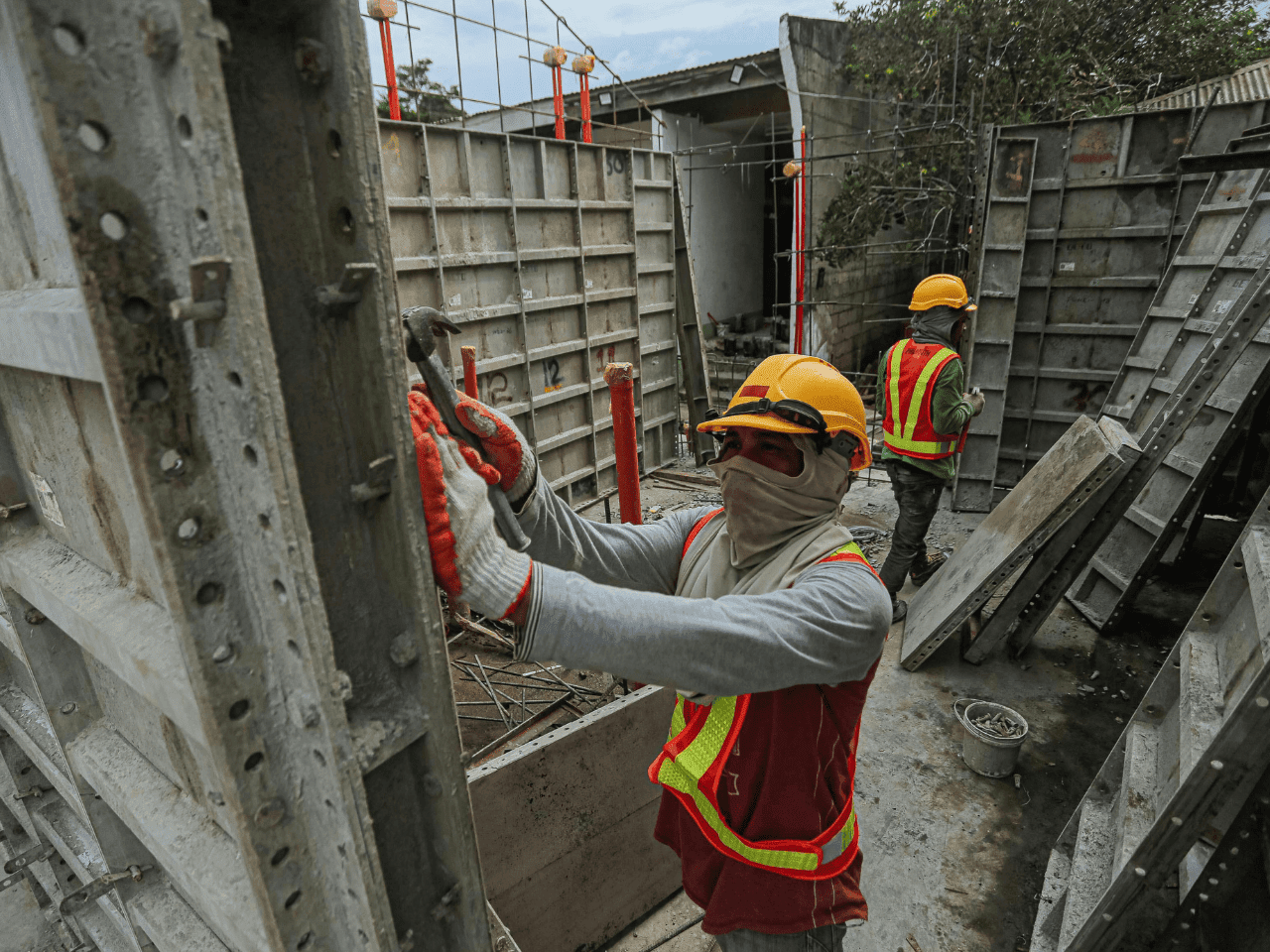New findings by the BBC show modern slavery continues to be a pressing issue in the UK, and it’s often hidden in plain sight. What can businesses learn from this latest exposé and what action should businesses be taking?
On 30 September 2024, the British Broadcasting Company (BBC) aired the documentary, Slavery on the High Street, showing how modern slavery weaves itself through the fabric of British high streets. The BBC documentary shared the harrowing stories of victims of human trafficking, who for seven years were forced to work in major UK food outlets and their supply chains.
Despite the introduction of the Modern Slavery Act in 2015, many industries continue to face unethical practices that exploit vulnerable workers. From agriculture to construction and manufacturing, the demand for cheap labour can often lead to human rights abuses.
As well as highlighting the shocking cases of exploitation that each individual faced, the BBC documentary also exposed several ‘red flags’ and errors in the due diligence processes of the companies involved. This article today focuses on some of those red flags and looks at what could have been done differently to identify and prevent exploitation.
The Red Flags
During the recruitment process, several red flags emerged that should have alerted employers to potential exploitation.
Document Checks
During investigations, it was identified that there had been significant failings in checks carried out on identification documentation and the application forms presented during the recruitment process. A significant failing, basic checks of application forms and identification documents may have helped businesses identify the shared residential address of the victims.
Accompanied Interviews
During the interview process, the victims had been accompanied by the slave master who acted as an interpreter. For the interviewer this should have raised alarm bells from both a health and safety and a modern slavery perspective. By acting as an interpreter, the slave master was able to coach the victim through the interview process to successfully gain them employment that could then be exploited.
Shared Bank Accounts
Following the exposure of the trafficking and modern slavery ring, it was identified by Cambridgeshire Police that the same banking and address information had been provided by the victims during the recruitment process. The victims had no access to the bank account and had to rely on small amounts of money provided by the slave master as payment for their work.
Excessive Working Hours
It was identified by colleagues that the victims of the exploitation were working for excessive amounts of time. The documentary reported that the victims would often work at least 70 hours per week, often relying on break times to rest. At no point during the period that the victims suffered at the hands of the slave master did the employer question the hours being worked.
What Businesses Can Do
The criminal investigation findings and the BBC documentary highlight how individuals can be exploited in the plain sight of employers and members of the public. The documentary also exposed significant due diligence failings by the retailers in question. Seemingly flawed recruitment processes and employment checks enabled the gang to place trafficked workers into national retailers.
There are many steps businesses can take to help prevent or identify potential cases of exploitation and modern slavery including:
- Review recruitment, supply chain due diligence and induction processes to ensure correct information is being requested and robustly assessed before employment.
- Provide guidance to all members of staff on how to identify potential signs of modern slavery or labour exploitation.
- Provide access to confidential internal reporting mechanisms or helplines like the Modern Slavery & Exploitation Helpline for staff and members of the public to report potential cases.
- Regularly visit work locations to educate and engage with the workforce to identify changed working habits, appearance or body language.
- Collaborate with experts in the public and private sectors to share best practice and intelligence across industry sectors.
Businesses play a vital role in supporting law enforcement and government bodies in identifying and preventing labour exploitation and modern slavery. Through robust due diligence, ongoing monitoring, education and cross-sector collaboration the private sector can drive meaningful results. Achilles continues to work with proactive businesses globally who wish to conduct robust due diligence and monitoring of their supply chains.
To learn more about how Achilles can support your business, contact us using the form to the right or visit our Ethical Business Programme page to find out how we guide businesses in preventing unethical practices in their own operations and supply chains.
For more information on how to spot possible signs of modern slavery or labour exploitation, visit our partners, Unseen who have published common signs of which to be aware.
If you are a victim or are concerned about potential victims in the UK, visit https://www.modernslaveryhelpline.org.
If you are a victim or are concerned about potential victims, you can access support outside of the UK through the links below.


